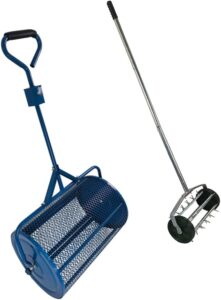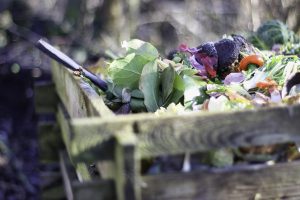In our journey towards more sustainable living, composting has become an essential part of our routine. But one challenge we often face is the uninvited attention from curious critters. In “How Do I Keep My Compost From Attracting Animals?” we explore practical and eco-friendly strategies to ensure our composting efforts don’t turn into a buffet for the local wildlife. From selection of compost materials to clever bin designs, we cover simple steps that help us maintain an animal-free compost, allowing us to enrich our gardens while keeping our furry neighbors at bay. How do we keep our compost from attracting animals?
It’s a question many of us eco-conscious gardeners and environmental enthusiasts ask ourselves as we strive to create fertile compost without inviting unwanted critters into our yards. Composting is fantastic for reducing waste and enriching our gardens, but managing it properly can be a delicate balance. Let’s delve into the details on how we can keep our compost animal-free while maintaining its effectiveness.
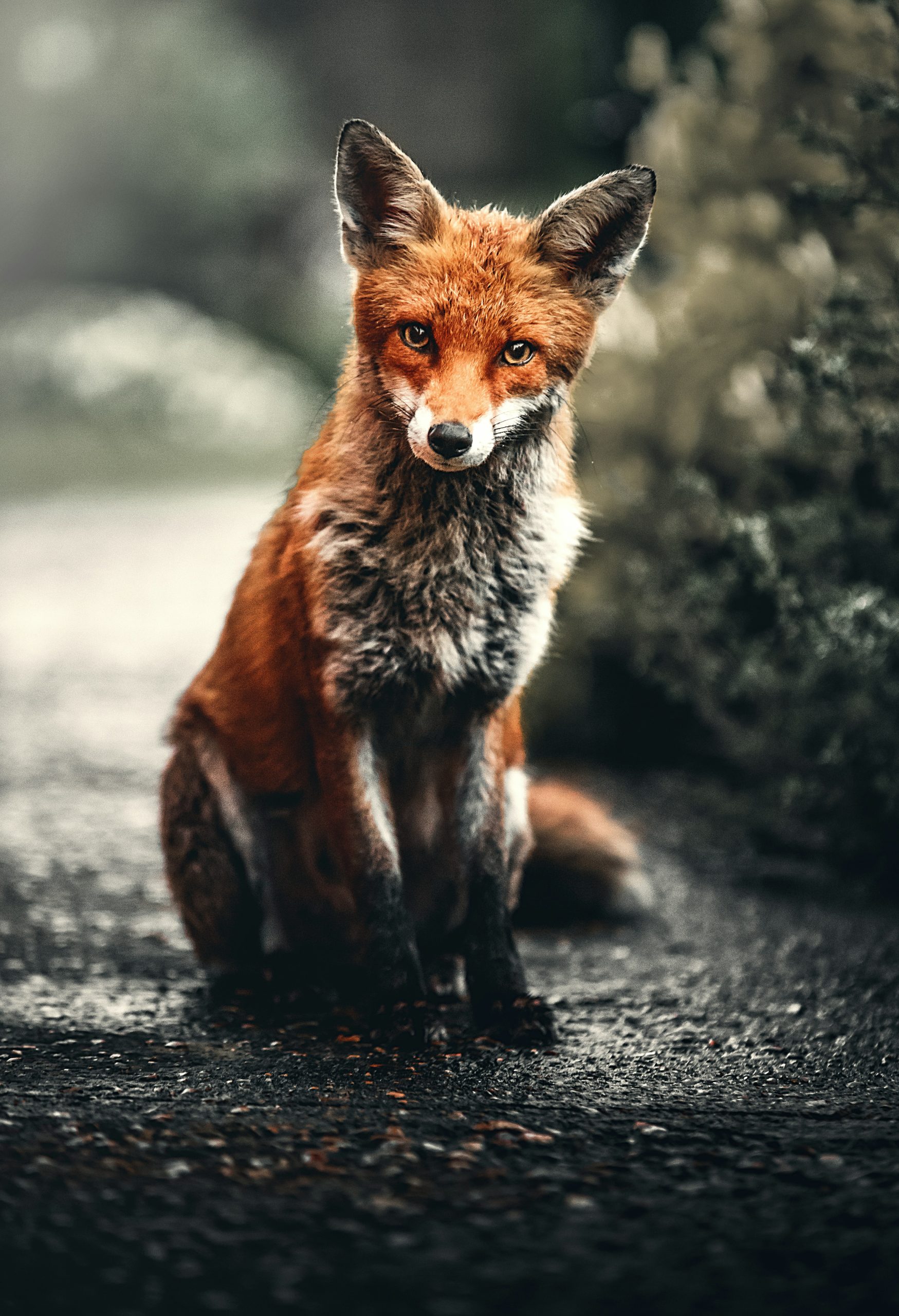
Why Do Animals Love Compost?
Understanding why animals are attracted to our compost piles is key to preventing them from becoming a nuisance. Animals are typically drawn to compost for the following reasons:
Food Scraps
Uneaten food and kitchen waste are like a buffet for local wildlife. Animals such as raccoons, rats, and squirrels have a keen sense of smell and can easily detect food scraps in our compost.
Warmth and Shelter
Compost piles generate heat as they break down organic material. This warmth can be appealing to animals, especially during colder months. Additionally, compost heaps can provide shelter from the elements.
Insects and Larvae
A well-functioning compost pile is home to various insects and larvae, which can be an additional food source for animals. Birds, in particular, might be attracted to the compost to hunt these small creatures.
Choosing the Right Compost Bin
Picking the right compost bin is our first line of defense against unwanted animal visitors. Let’s consider our options.
Enclosed Compost Bins
Enclosed compost bins with secure lids are excellent for keeping animals out. Made from durable materials like plastic or metal, these bins can effectively contain the compost and prevent access.
| Benefit | Description |
|---|---|
| Animal-Resistant | Enclosed bins with lids can lock, reducing accessibility for animals. |
| Odor Control | Contained compost helps manage odors, which can attract animals. |
| Neat and Tidy | These bins keep our compost pile looking organized and less appealing to wildlife. |
Tumbling Composter
A tumbling composter can be another great option. Its rotating design keeps the compost well-aerated and makes it difficult for animals to access.
| Benefit | Description |
|---|---|
| Aeration | Regular turning helps keep the compost oxygenated and deters anaerobic conditions that can attract animals. |
| Mobility | Easy to move and reposition if animals become an issue in one area. |
| Sealed Environment | The enclosed drum prevents animals from getting in. |
DIY Compost Bins
Making our own compost bins can be cost-effective but requires thoughtful planning to keep animals out. Using materials like wire mesh or pallets and adding a secure lid or cover can help.
| Benefit | Description |
|---|---|
| Customizable | We can design the bin to fit our specific needs and space. |
| Budget-Friendly | Utilizing scrap materials makes this a cost-effective solution. |
| Opportunity for Reinforcement | We can reinforce weak spots to ensure animals can’t get in. |
Proper Composting Practices
Implementing proper composting techniques is essential to reducing animal attraction. Here are best practices to follow:
Balancing Green and Brown Materials
A balanced mix of green (nitrogen-rich) and brown (carbon-rich) materials helps compost break down efficiently, reducing odors that attract animals.
| Green Materials | Brown Materials |
|---|---|
| Vegetable scraps | Dried leaves |
| Fruit peels | Straw |
| Coffee grounds | Cardboard |
| Grass clippings | Newspaper (non-glossy) |
Burying Food Scraps
To minimize odors and make food less accessible to animals, we should bury kitchen scraps at least 6-12 inches deep in the compost pile.
Avoiding Certain Food Items
Some food items are more likely to attract animals than others. We should avoid adding the following to our compost:
| Avoid Adding | Alternatives |
|---|---|
| Meat | Vegetable and fruit scraps |
| Dairy products | Eggshells |
| Oils and fats | Coffee grounds |
| Bread and grains | Yard waste |
Regular Turning
Regularly turning our compost helps reduce the formation of odors and accelerates the breakdown process, making it less appealing to animals.
Physical Barriers
We can implement physical barriers to deter animals from reaching our compost piles.
Fencing
Surrounding our compost area with a sturdy fence can be effective. The fence should be at least 3-4 feet high and buried a few inches into the ground to prevent digging.
Mesh Covers
Covering the compost with wire mesh or hardware cloth adds an additional layer of protection.
Motion-Sensor Lights
Animals are often deterred by sudden lights. Motion-sensor lights placed near the compost pile can scare away nocturnal visitors.
How Do I Keep My Compost From Attracting Animals?
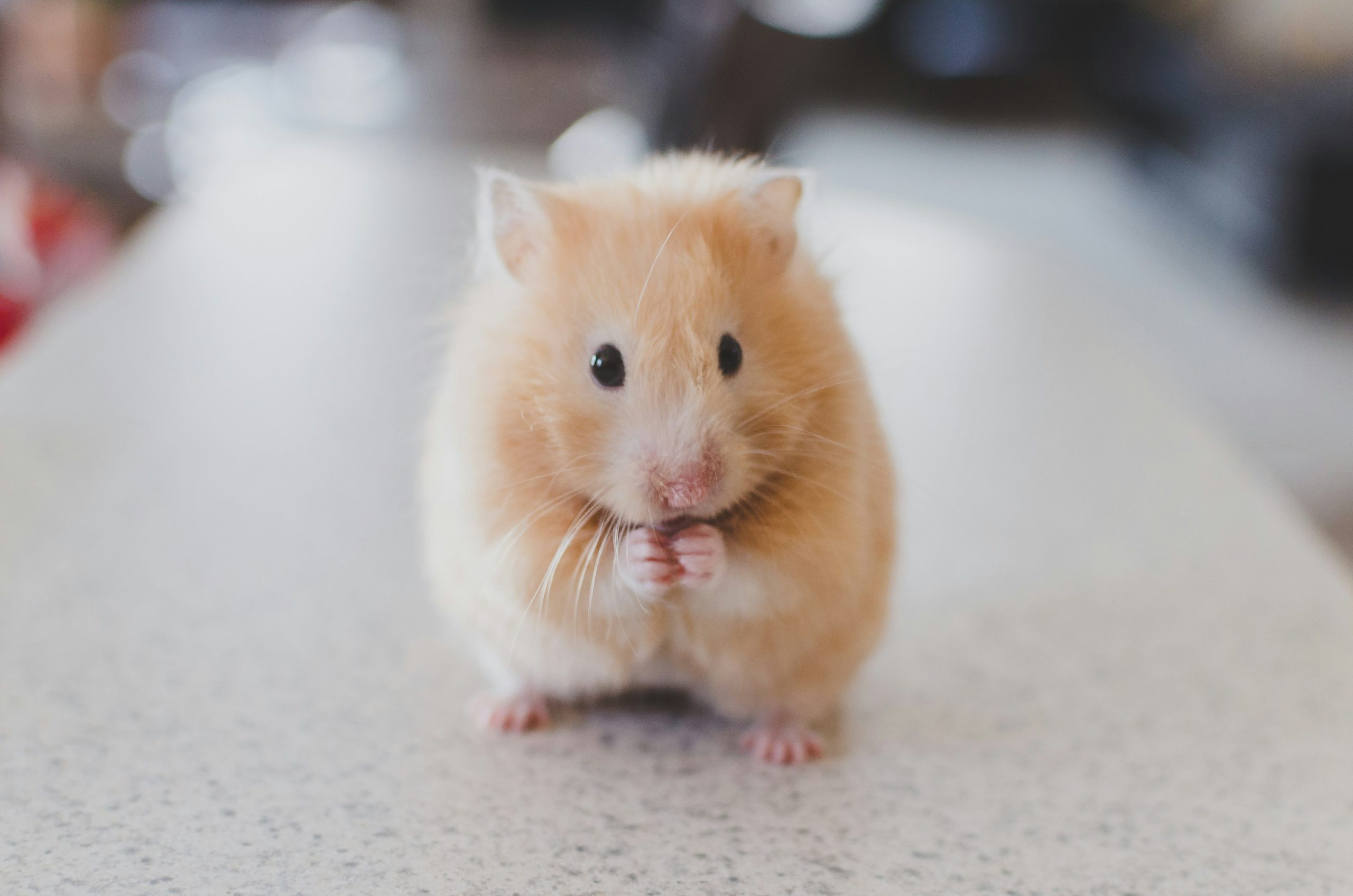
Natural Deterrents
Using natural deterrents can keep animals at bay without harming them or the environment.
Smelly Plants
Plants with strong odors, such as lavender, mint, and marigolds, can deter animals. Planting these around the compost area can help.
Predator Urine
Predator urine (e.g., fox or coyote) can be acquired from garden centers and used around the compost area to create a scent that scares off potential intruders.
Cayenne Pepper
Sprinkling cayenne pepper on and around the compost pile can make it less palatable to animals. However, we must be cautious with this method to avoid harming beneficial insects.
Beneficial Insects and Pets
Encouraging beneficial insects and involving our pets can be a proactive way to protect our compost.
Attracting Beneficial Insects
Beneficial insects such as bees, ladybugs, and predatory beetles can help balance the ecosystem around our compost pile. Creating a garden environment that attracts these insects can reduce the likelihood of other, less desirable animals.
Involving Pets
If we have pets like dogs and cats, letting them spend time around the compost area can naturally deter other animals. However, we should ensure our pets don’t disturb the compost themselves.
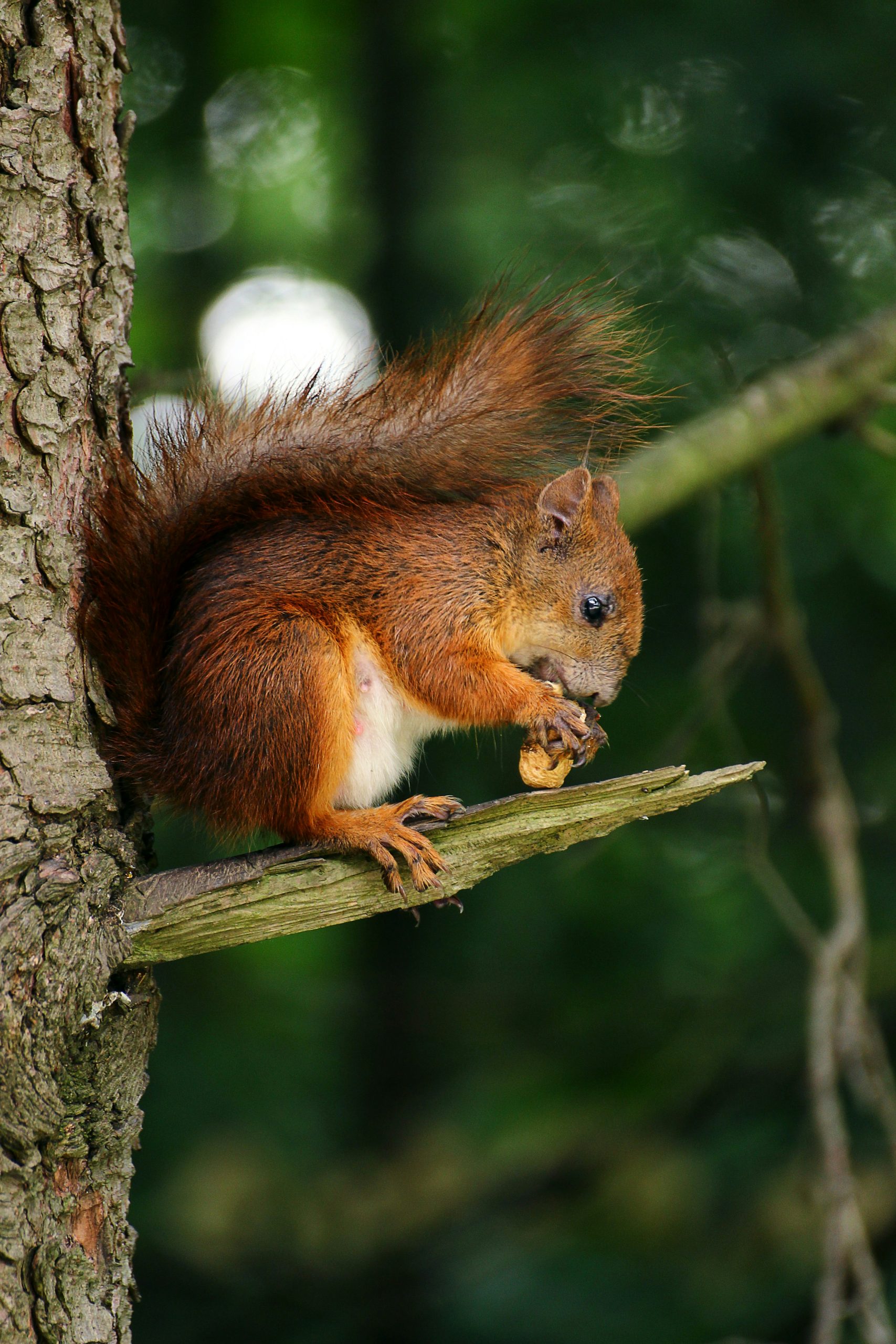
Troubleshooting Common Problems
Even with the best efforts, we might find animals attracted to our compost. Here are common problems and their solutions.
Problem: Persistent Odors
If odors persist, it might be due to the wrong balance of materials or inadequate aeration.
Solution:
- Adjust the ratio of green to brown materials.
- Turn the compost more frequently.
- Add more dry materials to absorb excess moisture.
Problem: Holes and Disturbances
Signs of digging or disturbances indicate animals are getting into the compost.
Solution:
- Reinforce the compost bin with stronger materials.
- Cover the compost with a tight-fitting lid.
- Employ physical barriers like fencing or wire mesh.
Problem: Insect Infestations
If we notice a high number of unwanted insects, it could mean our compost is too wet or contains inappropriate materials.
Solution:
- Reduce the amount of green materials to balance moisture.
- Avoid adding meat, dairy, and oily foods.
- Ensure proper aeration by turning the compost regularly.
Creating a Balanced Ecosystem
Maintaining a balanced ecosystem within and around our compost pile not only keeps it healthy but also minimizes animal problems.
Diversifying Plants
Planting a variety of species around the compost area can support a diverse group of insects and birds, creating natural checks and balances.
Water Sources
Providing water sources can attract beneficial insects and animals while distracting them from the compost. Birdbaths and small ponds can be excellent additions to our gardens.
Companion Planting
Using companion planting techniques can bolster the health of the garden, promoting more robust plant growth and deterring pests naturally.
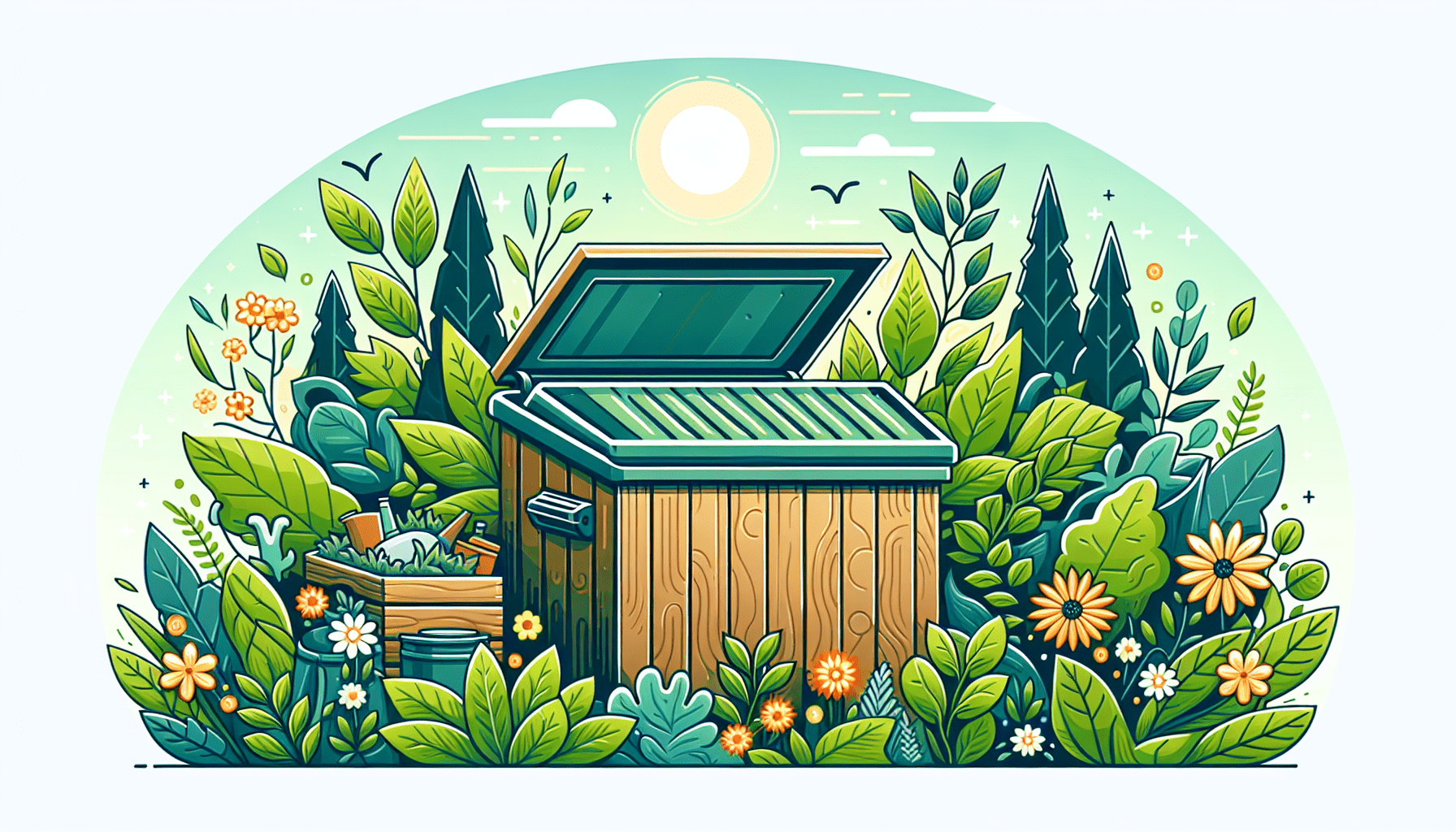
Educating Ourselves and Our Community
A community effort in understanding and managing compost practices can have a significant impact. Sharing our knowledge and experiences with neighbors can lead to a more cohesive approach to composting without attracting animals.
Hosting Compost Workshops
We can organize workshops to educate our community about proper composting techniques and animal deterrents. These sessions can be hands-on, allowing participants to see effective methods in action.
Creating Information Guides
Compiling fact sheets or how-to guides about composting and animal prevention strategies can be distributed in community centers, schools, and online platforms.
Involving Local Schools
Partnering with local schools to integrate composting projects into their curriculum not only educates the young generation but also encourages community-wide practices.
Compromises and Realities
While we strive to keep our compost free from animal intrusions, complete immunity might not be feasible. Accepting a few visits from curious critters is part of the natural world. Nevertheless, consistent effort, proper techniques, and community involvement can significantly reduce the frequency and impact of these visits, leaving us with rich, healthy compost and minimal animal interference.
In conclusion, maintaining an animal-free compost pile is a balancing act of choosing the right bin, implementing good composting practices, utilizing physical barriers, and employing natural deterrents. With diligent care and a bit of ingenuity, we can enjoy the benefits of composting without the hassle of unwanted animal guests. Let’s continue our composting journey wisely and share the bounty of our efforts with our gardens, not the local wildlife.

